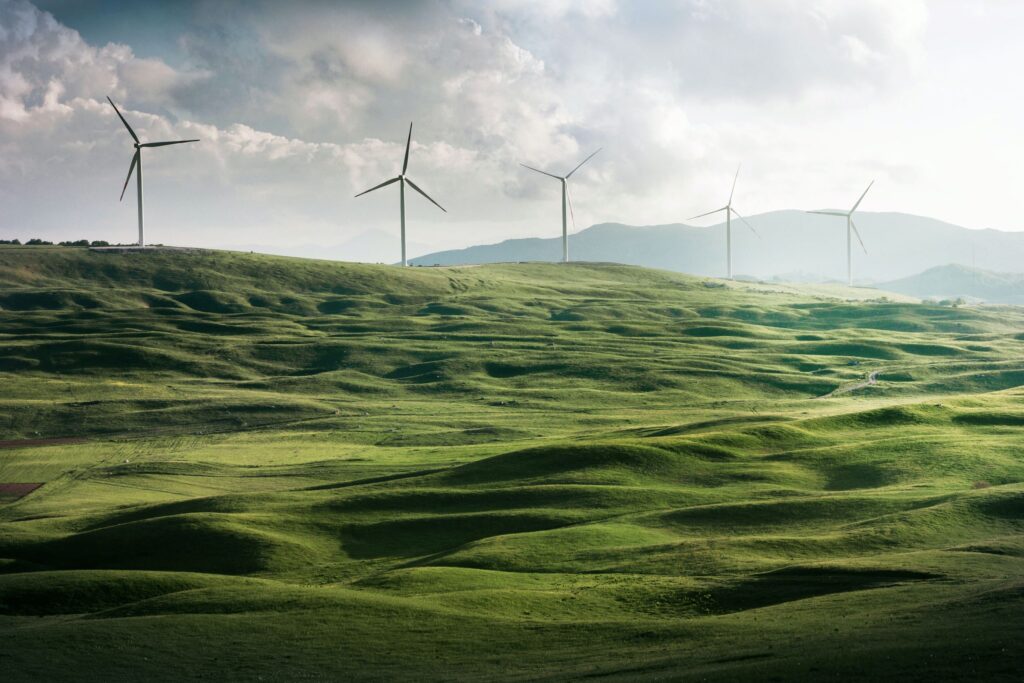June 2018
– The new food: meet the startups racing to reinvent the meal
– UN data suggests that the world’s population will hit 11 billion by 2100
– Climate change to drive migration from island homes sooner than thought
– New technology could slash carbon emissions from aluminium production
– California’s global warming solutions
– Netherlands to build world’s first habitable 3D printed houses
– World’s first electrified road for charging vehicles opens in Sweden
– Auckland University of Technology’s comments on the Low-emissions economy draft
report by the New Zealand Productivity Commission
– ESR papers available on-line
Climate Change And The Long Term Plan
In the wake of recent coastal storm damage, it is surely now clear that councils need to take account of climate change in their planning, especially as it relates to sea-level rise and the frequency of severe storms. A recently-published study* shows that the pace of sea-level rise is increasing.
Read MoreFebruary 2018
– ‘Silver bullet’ to suck CO2 from air and halt climate change ruled out.
– Climeworks Carbon Capture Plants
– Carbfix
– Aviation Biofuels & Shipping Emissions
– Electric Vehicles
– New York City’s Fossil Fuel Divestment
– Emissions, Road User Charges and EVs – A Strategy: by ESR Member Cliff Turner
– Extracts from UNFOLD ZERO Newsletter, 25 February 2018
– Comment from the President: What can we do about Auckland’s recycling efforts?
– ESR 15 March AGM Notice. The AGM is to be followed by discussions by Sir Alan Mark and Rhys Williams on a Carbon Zero Act.
Climate Change – New Zealand and International Responses
Despite the critical need to address climate change, caused primarily by increasing levels of carbon dioxide (CO2) in the atmosphere from the burning of fossil fuels, response has been slowed by pressure from vested interests, a focus by some governments on short-term political objectives and the difficulties of reaching effective international agreements. Some countries are already taking effective action though, and the urgent need for others to join them is becoming extremely clear.
Read MoreRenewable Energy
Renewable energy is energy derived directly or indirectly from sunlight, wind, rain, tidal flows and ranges, waves, and thermal energy stored in the oceans, which are naturally replenished over fairly brief periods of time. Geothermal energy is also regarded as renewable because of the extremely large amounts of heat available from the earth’s core. Major sources of renewable energy include hydro power, wind power, solar power, geothermal power and bioenergy. Moving rapidly to greater reliance on renewable energy in place of fossil fuels has become critically important because of the urgent need to control global warming by reducing carbon dioxide emissions to the atmosphere.
Read MoreNovember 2017
– Trends that could beat global warming
– World Scientists’ Warning to Humanity: A Second Notice
– Light rail along Dominion Road, Auckland
– Do we want to get serious about NZ’s CO2 emissions from transport?
– The US will become a net oil exporter within 10 years, says the IEA
– New Zealand climate data
– Wise Response submission to Productivity Commission
October 2017
– Sea level rise
– Floods
– Big Carbon
– NOAA Global CO2 June 2017
– Emission budget and pathways consistent with limiting warming to 1.5 C
– NASA: 2016 Global Temperature Increase 0.99C relative to 1951-1980 Average
– Electric Cars
– Global carbon emissions stood still in 2016
– Solar Power is Fastest Growing Source of New Energy
New Zealand’s Paris Target
New Zealand’s commitment under the Paris Agreement, as stated in our Nationally Determined Contribution (NDC) promises that “Emissions will be reduced to 30% below 2005 levels by 2030. The 2005 reference has been chosen for ease of comparability with other countries. This responsibility target corresponds to a reduction of 11% from 1990 levels.” We are comparing our net target emissions with our gross emissions in the base year. Using net emissions for both indicates that our emissions are increasing and not decreasing.
Read MoreWonky Carbon Accounting Hides NZ’s Feeble Paris Commitment
New Zealand’s commitment under the Paris Agreement, as stated in our Intended Nationally Determined Contribution (INDC) (1), which became our Nationally Determined Contribution (NDC) after we ratified the agreement in October 2016 (2), reads as follows:
Emissions will be reduced to 30% below 2005 levels by 2030. The 2005 reference has been chosen for ease of comparability with other countries. This responsibility target corresponds to a reduction of 11% from 1990 levels.
At face value, the above statement appears clear and understandable, but it is actually quite unclear because there are two accepted measures for emissions: gross or total emissions; and net emissions which are total emissions less deductions allowed for land use, land-use change and forestry (LULUCF), which in our case relate mainly to carbon dioxide taken out of the atmosphere by trees. Neither the New Zealand INDC, nor the supplementary NDC documentation, state clearly whether we are using gross emissions, net emissions, a mix of these, or some other measure to define our Paris target.
July 2017
– Extracts from “We are wasting the beautiful world we have been given”
– Extracts from Clive Hamilton’s “Defiant Earth: The fate of humans in the Anthropocene”
– Plastic Waste
– Extracts from Skating on Thin Ice, Economist 29 April 2017
– Generation Zero Launches Climate Act Initiative – NZ Climate Declaration
– North Island Main Trunk Line de-electrification



